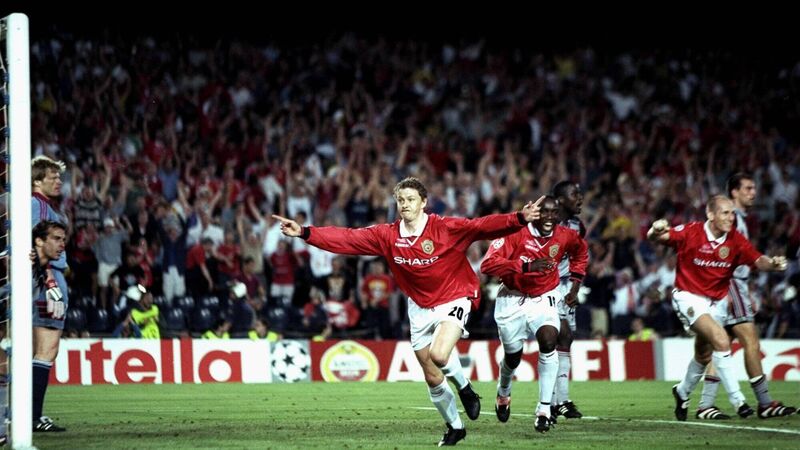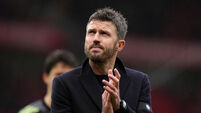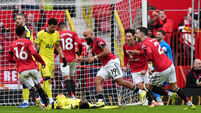Paul Rouse: Nostalgia was once a sickness. Now it's the only cure for United fans

Ole Gunnar Solskjaer of Manchester United celebrates his late winner during the 1999 Champions League Final against Bayern Munich at the Nou Camp in Barcelona, Spain. United scored twice in injury time to win 2-1.
Our sporting lives are soaked in nostalgia. The enduring memory of a past sporting experience holds a power to draw people back in time and evoke feelings of love and loyalty to a team or a moment or a place. This then colours how we see and feel about sport in the present.
There are multiple ways in which this works. It can be seen, for example, in the documentary film 'When We Were Kings', released in 1996 and centred on the 1974 'Rumble in the Jungle' heavyweight boxing match between the champion George Foreman and his famed challenger Muhammad Ali.












